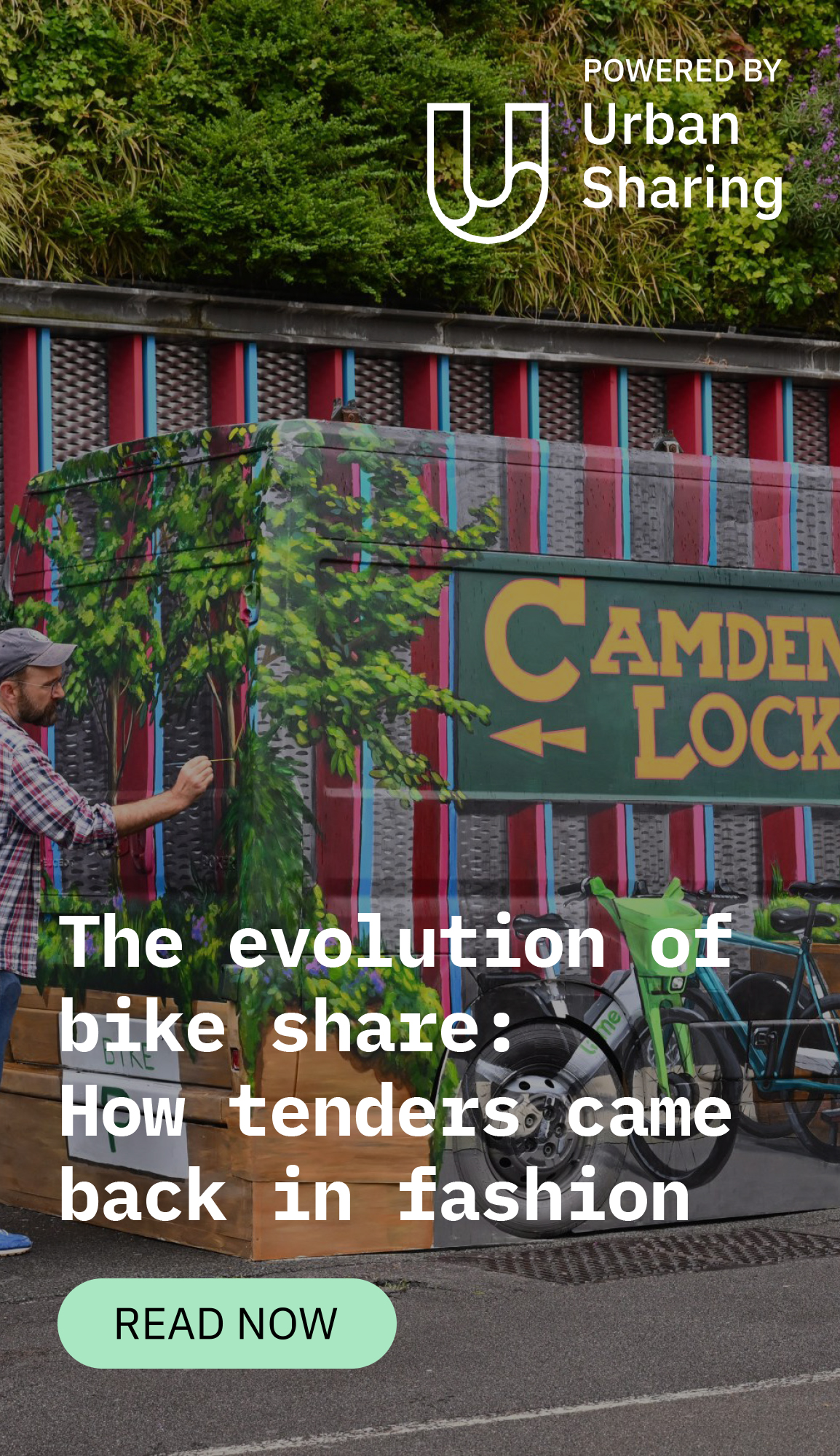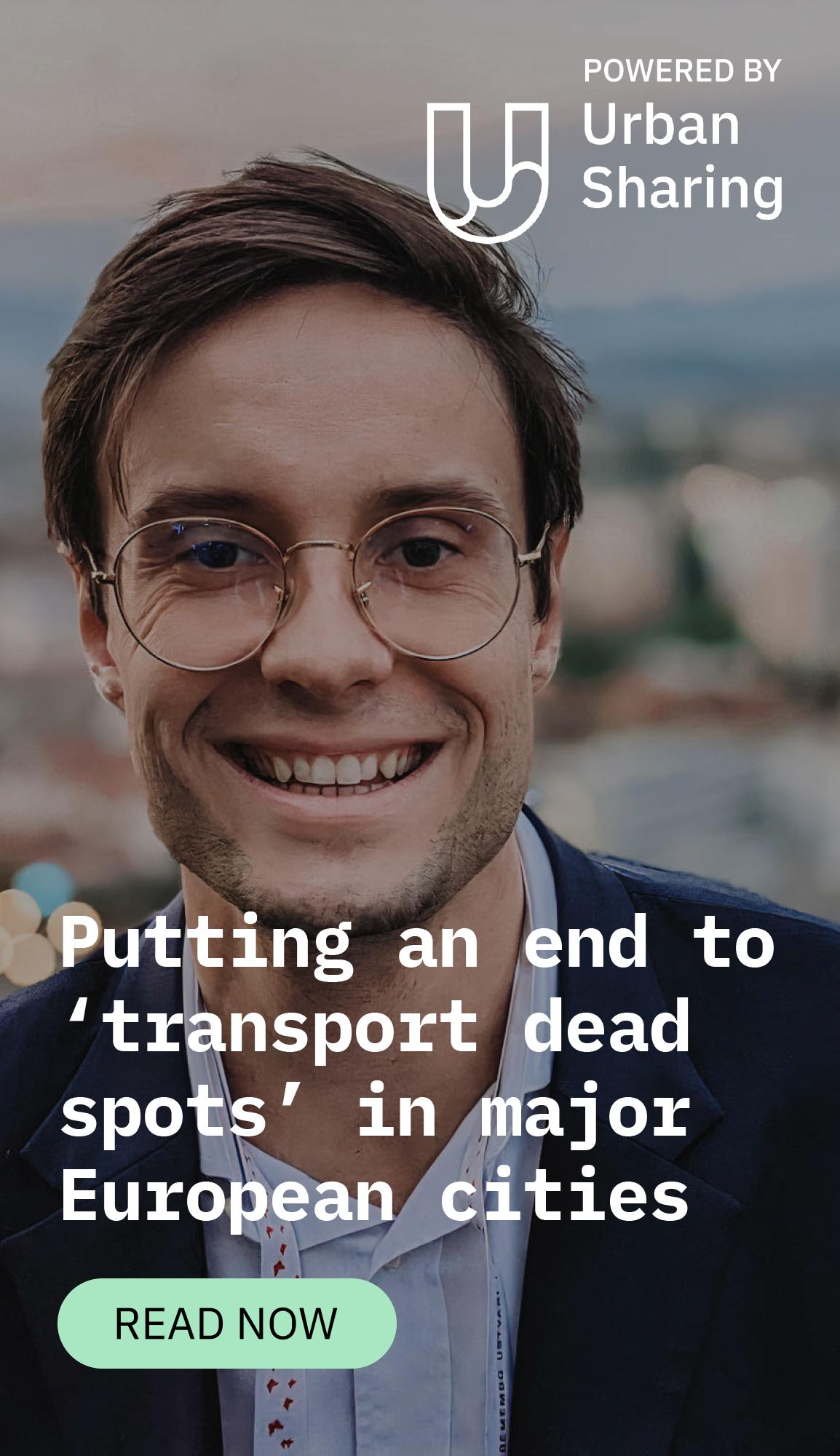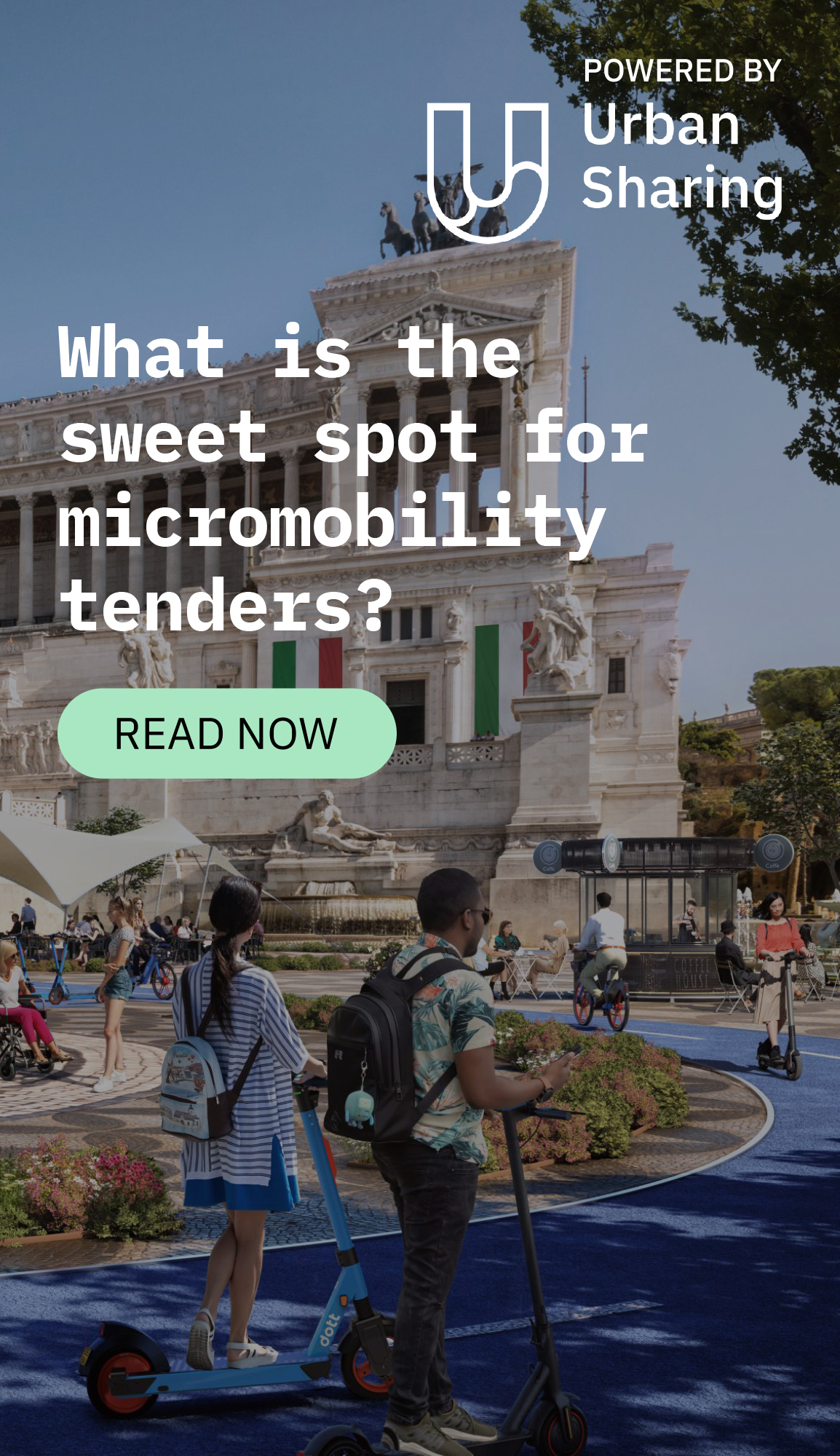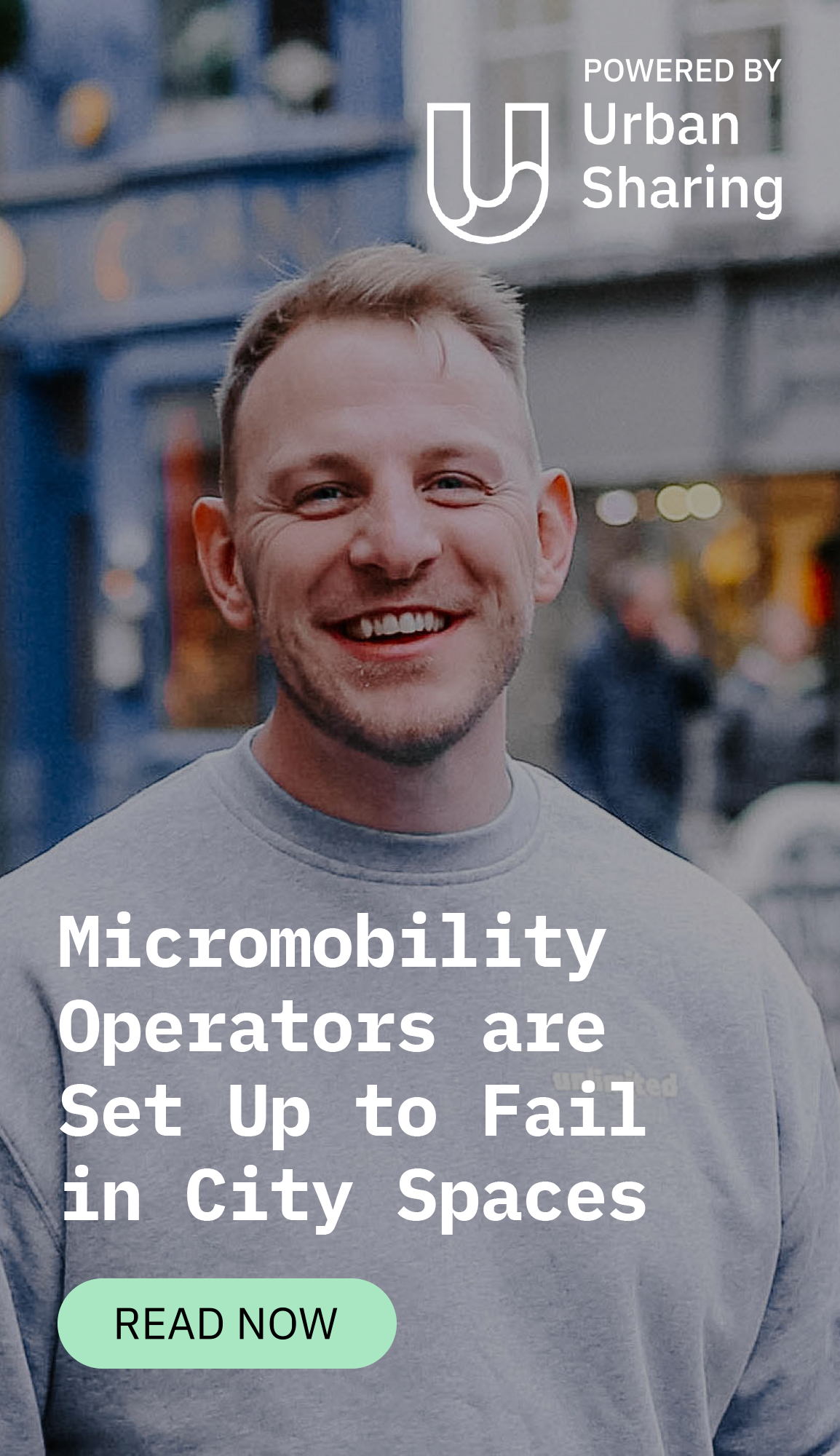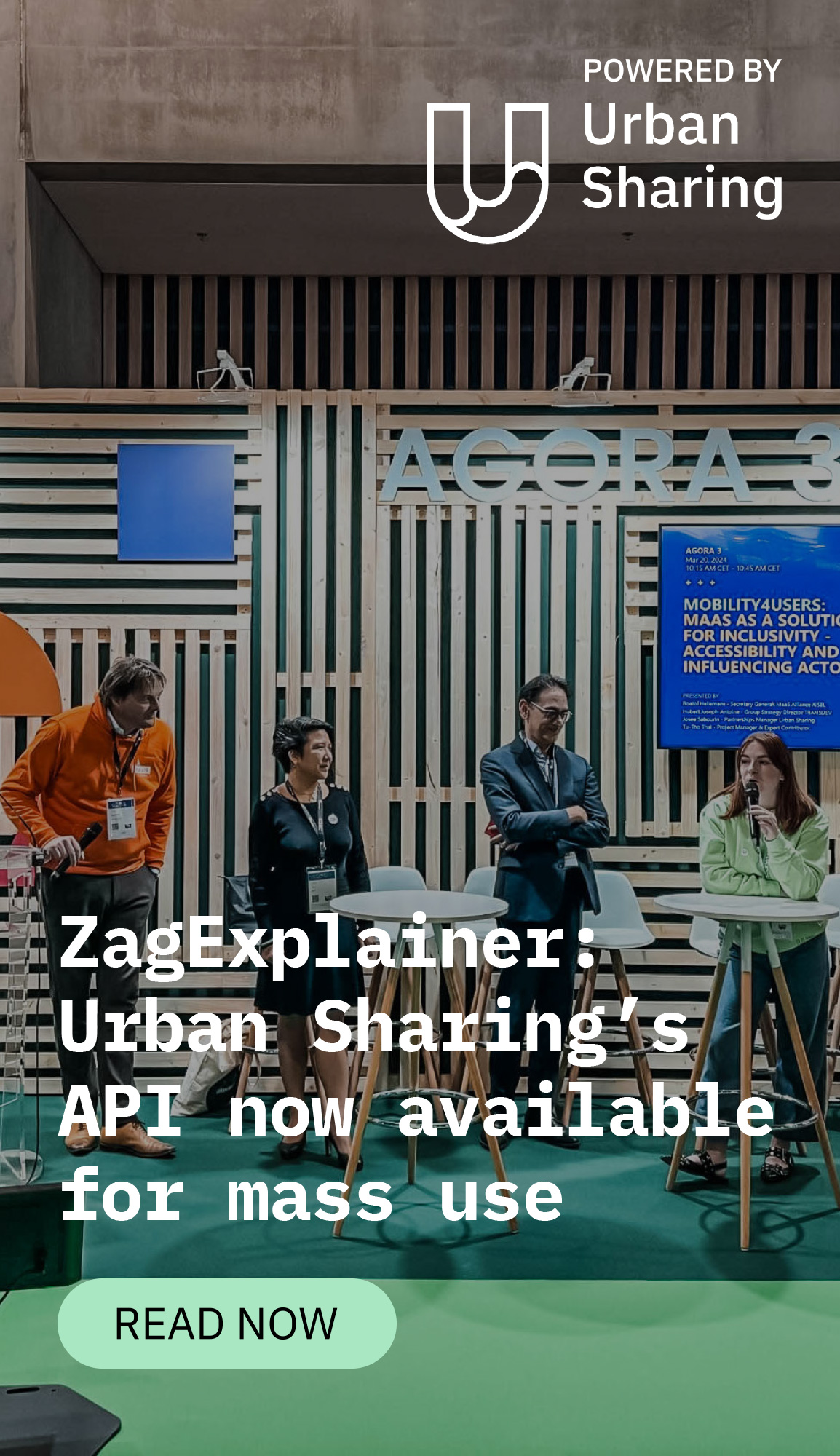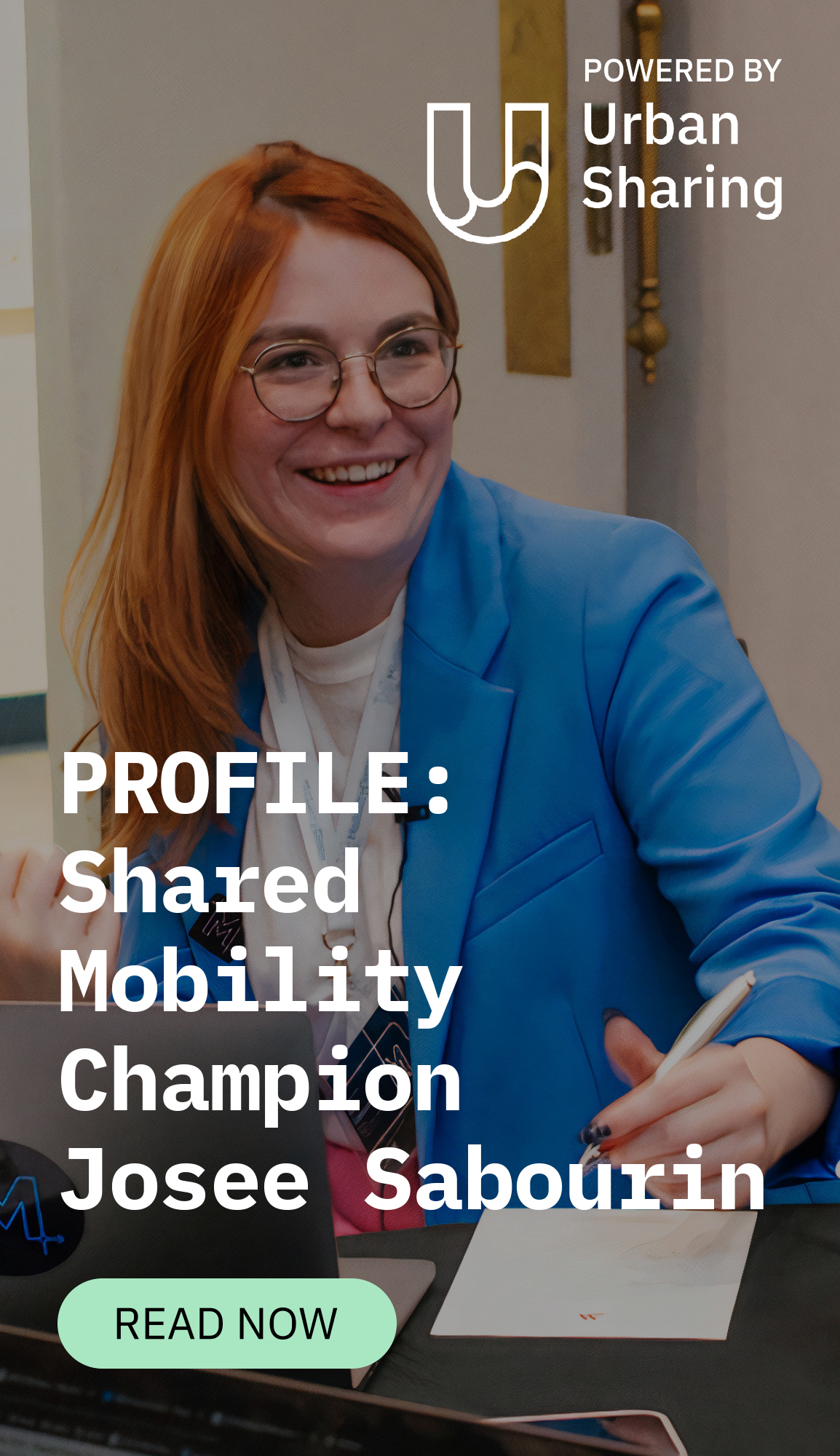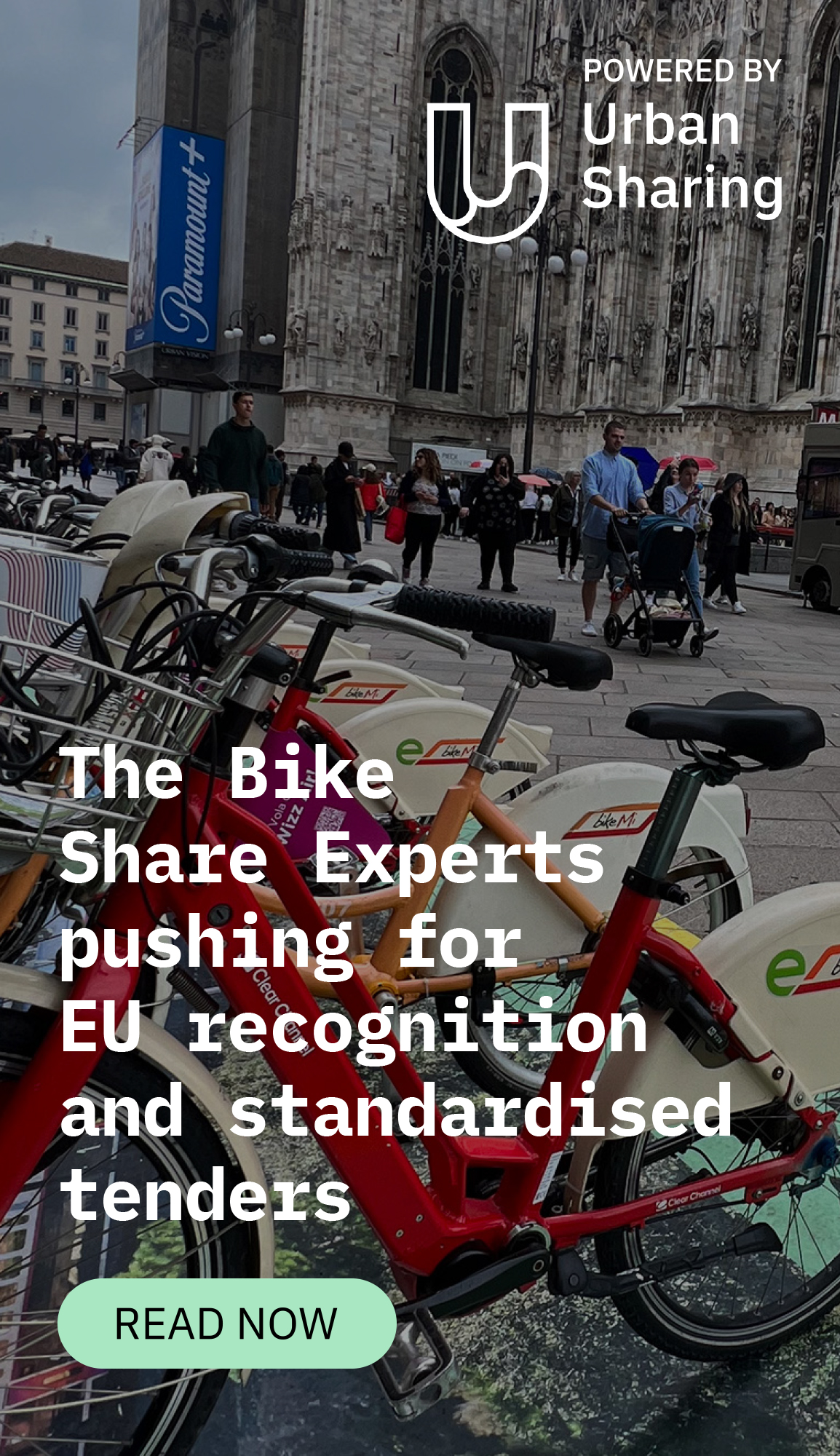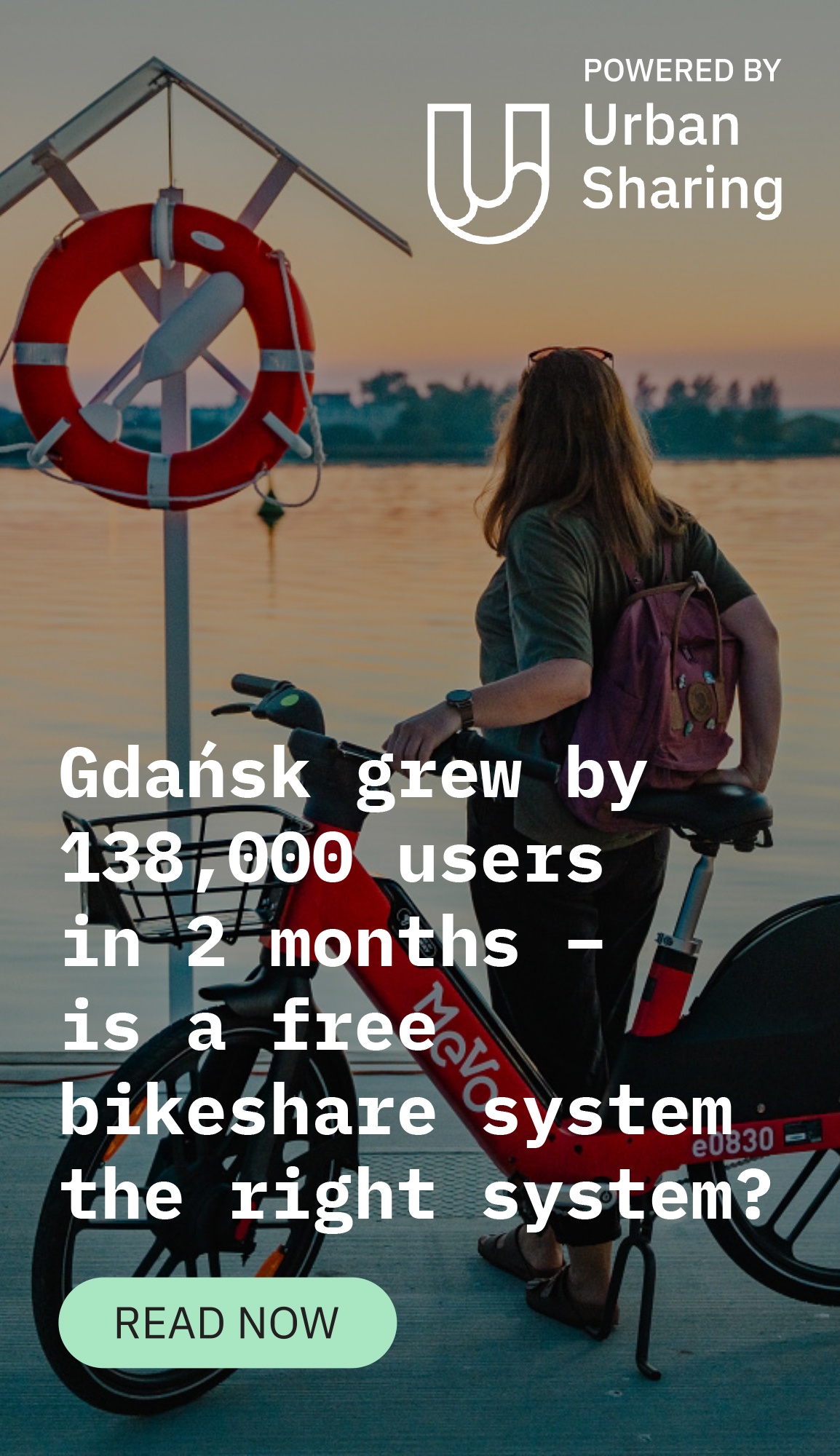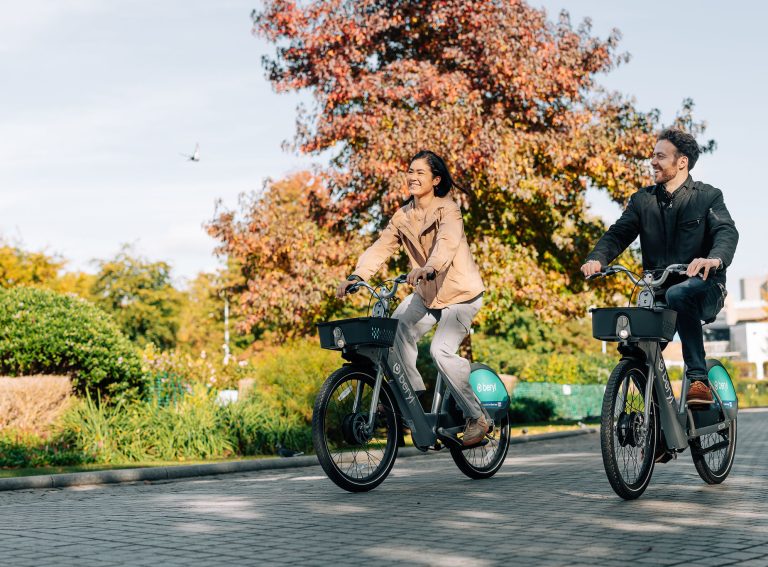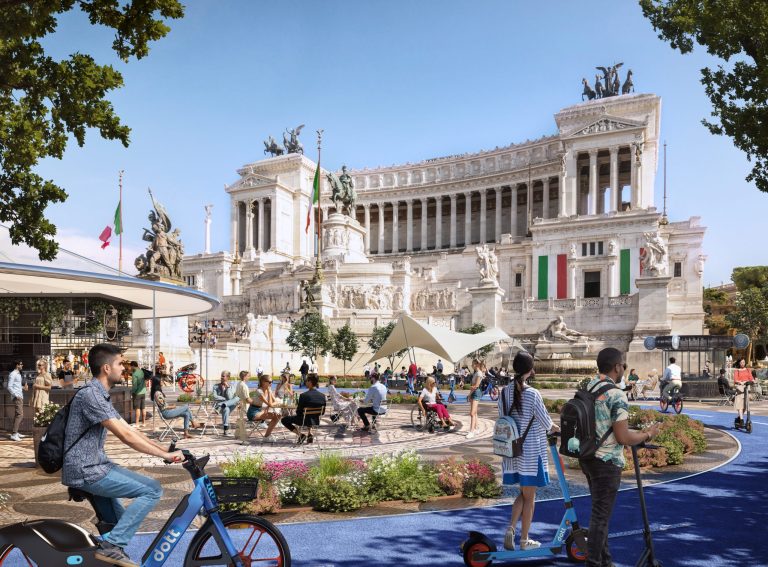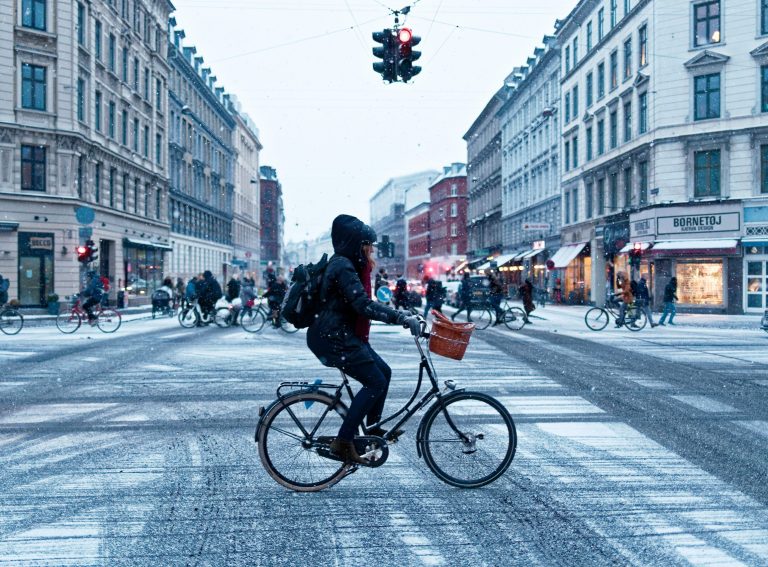Author: William Knapp, Chief Operating Officer, Superpedestrian
This year could be the biggest ever for shared micromobility, as countries emerge from lockdowns and people return to old routines. How will micromobility companies cope with the demand?
Scaling staff, and the processes that support them, is a complex job even at the best of times – and Superpedestrian embarked on a shared mobility journey in the midst of a global pandemic. In fact, Superpedestrian has grown in headcount by a factor of 10 in the past 12 months, and our services have reached nearly 50 cities across seven countries from a standing start.
As Chief Operating Officer, it’s my job to help steer the ship as we navigate this exciting voyage. Prior to joining Superpedestrian’s new shared mobility division in 2020, I led JUMP’s bike-share programmes in North America and, before that, spent more than 20 years pioneering Daimler’s shared vehicle initiatives.
While the rapid acceleration we’re seeing here at Superpedestrian is truly breathtaking, ensuring that our success is sustainable boils down to three key lessons that I’ve learned during my career so far.
- Share your reality.
Now that lockdowns are easing, we are thrilled to have our engineers join our operations teams in the field, working on scooters side-by-side. This cross-pollination gives the people who design and build our vehicles first-hand understanding of how their decisions impact colleagues and riders down the line. That means our engineers can return to the lab and design better parts or processes to save time, cost or materials. And it gives the people in the field an understanding of how our engineering teams iterate, to make best use of the tools and products we are creating together.
It’s equally important for our senior management team to get on the ground, too, to experience our products and services the way our field teams and customers do. We need to know if our technologies, such as Pedestrian Defense, Vehicle Intelligence, or onboard geofencing, are working as intended, and constantly devise new solutions.
I’ve been visiting some of our different locations around North America recently – not to check up, but to join in with our field staff. There’s something so enjoyable about rolling up your sleeves to move scooters around, a sense of camaraderie that Covid has not managed to dampen. I love each of these visits. They help me make more considered and considerate decisions on my return to the office, and every trip reinforces my confidence that we really are building something special here.
For all of our staff, walking in each other’s shoes helps us to focus on what’s most important: how does what we do affect people in the real world – our customers? How does it make people’s lives better?
- Make time for people.
Onboarding a large number of people remotely (due to COVID-19) has brought challenges. It’s a completely different way to get to know people, and forming new relationships requires a deliberate approach. I’ve found that scheduling regular check-ins once every week or two is vital to ensuring everyone has an opportunity to have a voice and be heard.
Our online world also has advantages. For example, we’re no longer limited to recruiting from specific geographical locations, which means we can ensure we’re hiring the best talent out there, and making inclusive hiring choices in every department. We’ve recognised this formally by enshrining in company policy the right to work remotely for everyone whose role allows.
It’s a tricky balance to get right, but probably one of the most important things I’m working on right now. Everyone needs to be heard, and everyone needs a voice.
- Commit to transparency with staff.
Assuring the highest levels of quality as you scale can only be achieved with the right culture.When we hire, we look for people who care about the things we value – such as quality, safety and reliability. In turn, we value our people highly. But it’s not enough to simply say that – we must show it.
One way we do this at Superpedestrian is by using tools like Slido to allow staff to submit questions anonymously to the management team. We answer every single question at our bi-weekly global all-hands meetings. Why do we do this? Every answer we give will help equip a colleague with what they need to move forward in their role. When everyone understands where we’re going and why, we get there much faster.
Superpedestrian undoubtedly has an incredible team, and I am so excited to see what we will continue to build together. When you have great people and great products, it’s much easier to build great companies. Looking back at what we’ve achieved in 12 months, amidst a global pandemic, I’m sure the next year for Superpedestrian is going to have to be seen to be believed.

